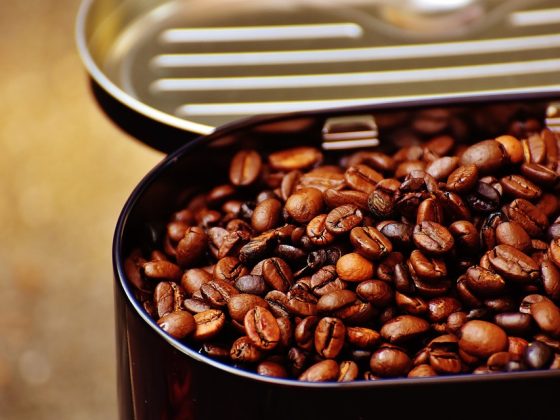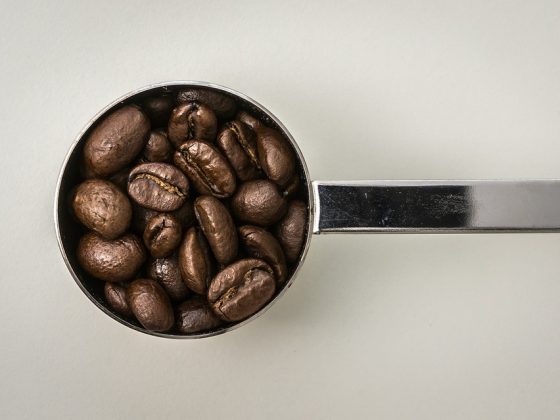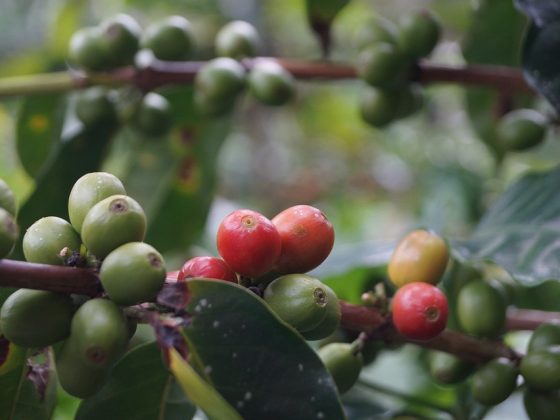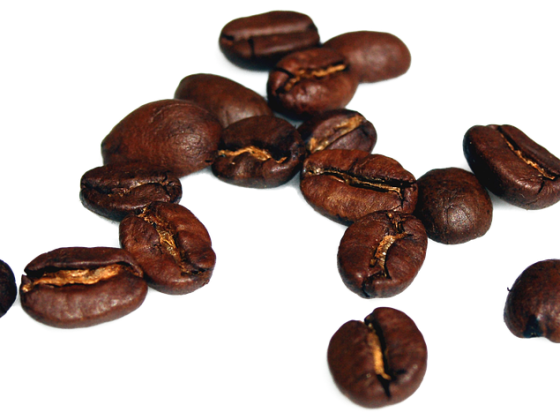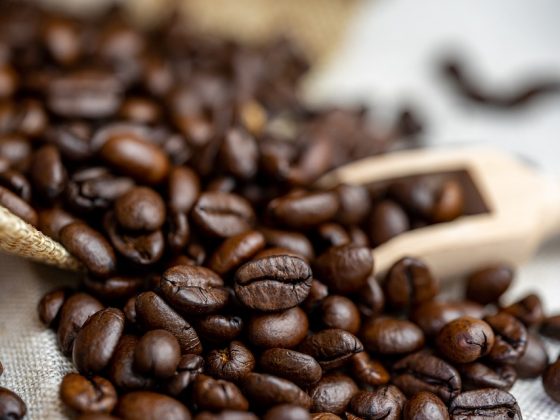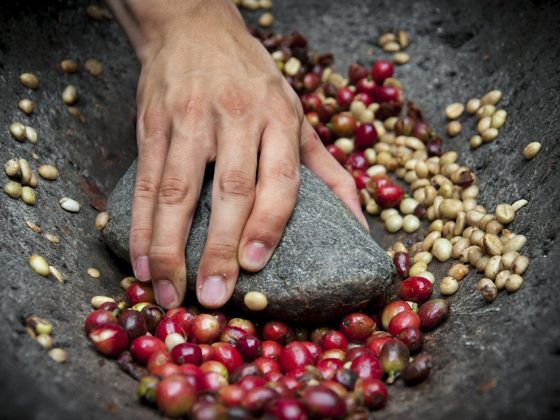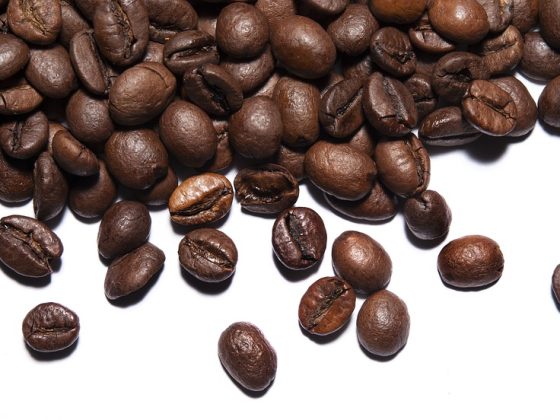end.
From the bustling streets of São Paulo to the lush plantations of Java, the journey of coffee beans from Brazil to Indonesia is a fascinating tale of globalization, trade, and cultural exchange. Coffee, one of the most consumed beverages in the world, has a long and storied history that spans continents and centuries. In this article, we will take a deep dive into the origins of coffee beans and the unique paths they take from Brazil to Indonesia.
The Origins of Coffee Beans
The story of coffee begins in Ethiopia, where legend has it that a young goatherd named Kaldi discovered the energizing effects of coffee beans after his goats ate them and became unusually lively. From Ethiopia, coffee spread to the Arabian Peninsula, where it was cultivated and traded as a valuable commodity. By the 15th century, coffee had made its way to Europe, where it quickly gained popularity among the elite.
Brazil: The Coffee Capital of the World
In the early 18th century, coffee was introduced to Brazil by Portuguese colonists. The tropical climate and fertile soil of Brazil proved to be ideal for growing coffee, and the industry quickly thrived. Today, Brazil is the largest producer of coffee in the world, accounting for over a third of global coffee production. Brazilian coffee is known for its rich, full-bodied flavor and is highly sought after by coffee aficionados around the world.
Indonesia: A Mecca for Coffee Lovers
Indonesia, with its volcanic soil and unique climate, is also a major player in the world of coffee production. The most famous Indonesian coffee is kopi luwak, which is made from coffee beans that have been eaten, digested, and excreted by civet cats. This unusual process results in a smooth and complex flavor profile that commands a premium price in the global market. Indonesia is also known for its Sumatran and Javanese coffees, which have distinctive flavors and aromas that set them apart from other coffee varieties.
The Journey of Coffee Beans from Brazil to Indonesia
The journey of coffee beans from Brazil to Indonesia is a long and complex one. After being harvested and processed in Brazil, coffee beans are typically shipped to ports in North America or Europe for distribution. From there, the beans are sent to roasters and retailers around the world, including in Indonesia.
Once in Indonesia, the coffee beans are roasted and brewed using traditional methods that have been passed down through generations. Indonesian coffee culture is deeply rooted in tradition and ceremony, with coffee often being served in ornate cups and accompanied by sweet treats. The result is a unique and unforgettable coffee experience that is unlike any other in the world.
FAQs
Q: What makes Brazilian coffee unique?
A: Brazilian coffee is known for its rich, full-bodied flavor and low acidity. The climate and soil conditions in Brazil produce coffee beans with a distinct taste that is highly prized by coffee enthusiasts.
Q: Why is Indonesian coffee so expensive?
A: Indonesian coffee, such as kopi luwak, is expensive due to the labor-intensive process of harvesting and processing the beans. Additionally, the unique flavors and aromas of Indonesian coffee make it a premium product in the global market.
Q: What are the health benefits of coffee?
A: Coffee has been linked to a number of health benefits, including improved cognitive function, reduced risk of certain diseases, and increased energy levels. However, it is important to consume coffee in moderation and be mindful of adding excessive sugar or cream.
In conclusion, the journey of coffee beans from Brazil to Indonesia is a reflection of the interconnectedness of the world and the shared love of a beloved beverage. From the highlands of Brazil to the plantations of Indonesia, coffee beans embark on a global odyssey that brings people together and creates lasting connections across cultures and borders. So the next time you enjoy a cup of coffee, take a moment to savor the rich history and diverse origins of the humble coffee bean. Cheers to the delicious and complex world of coffee!





